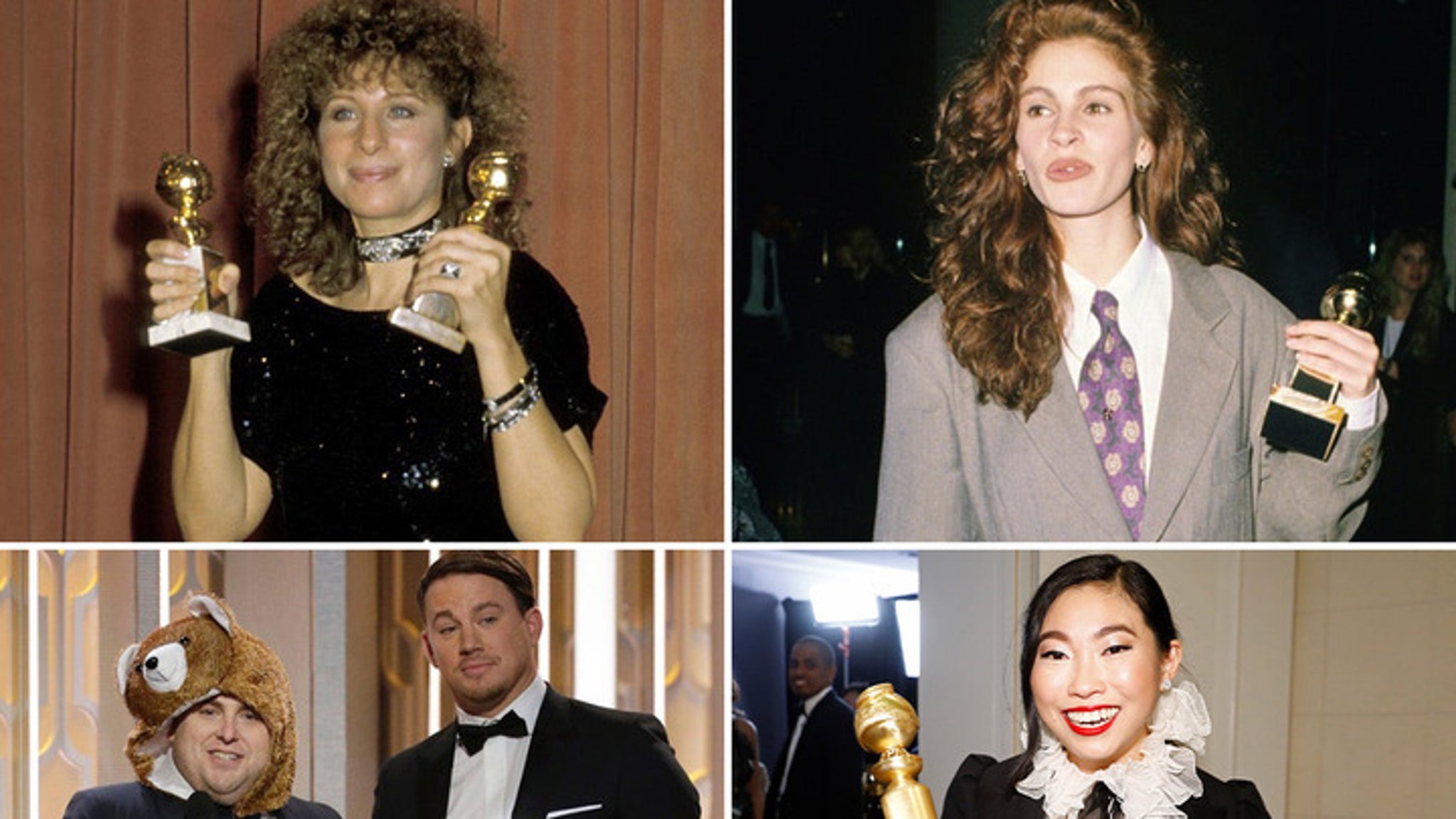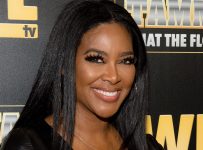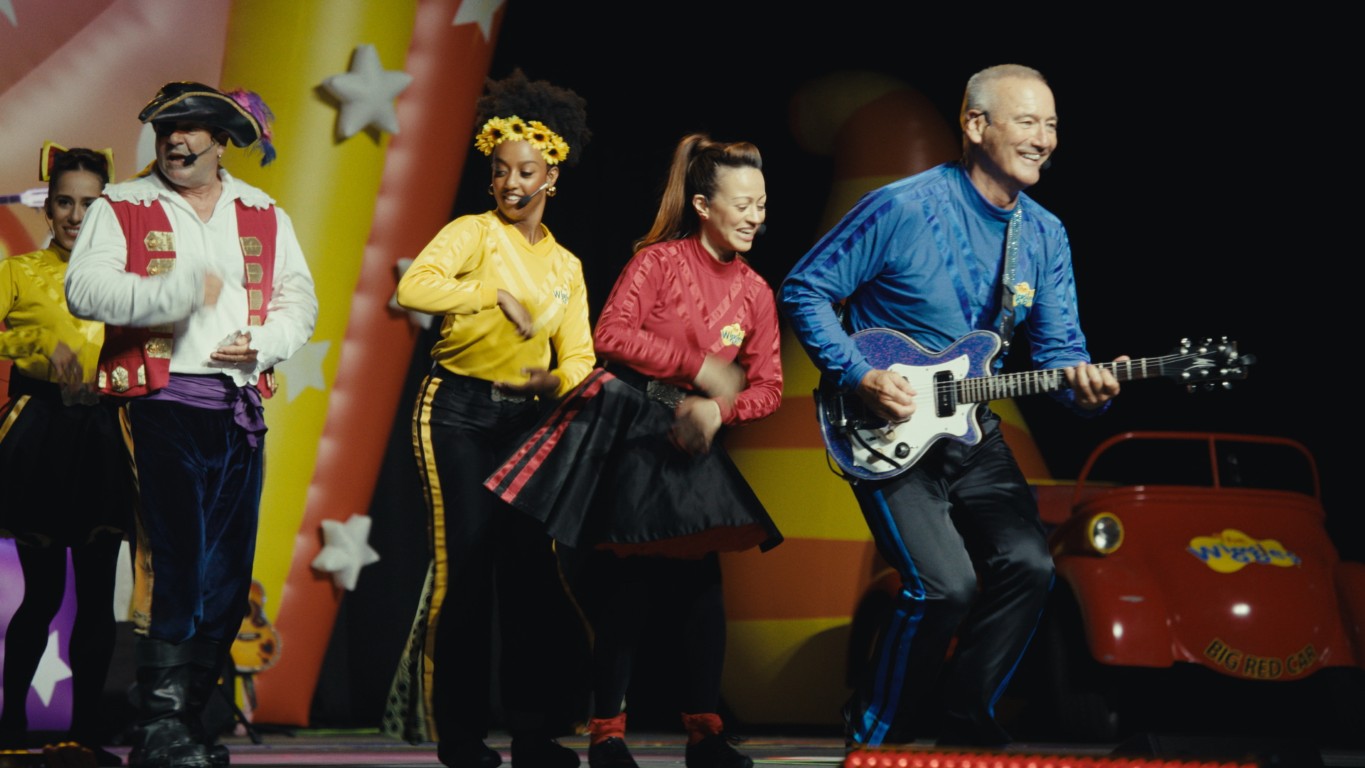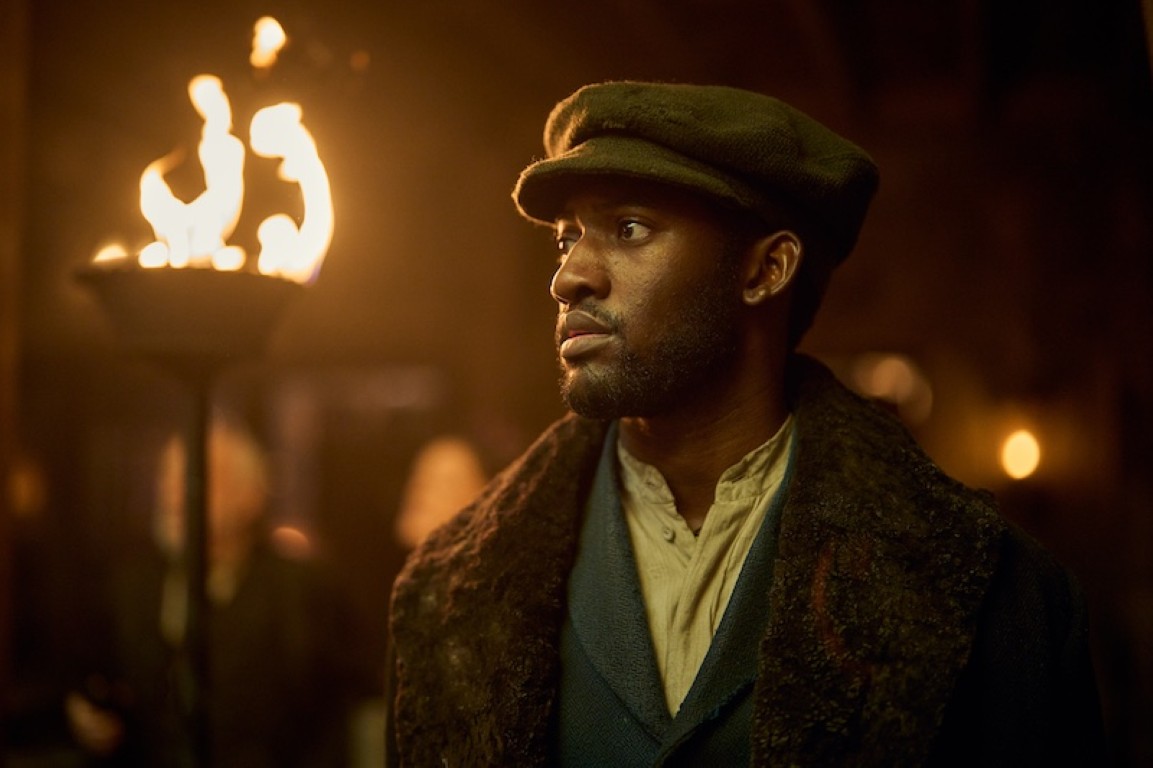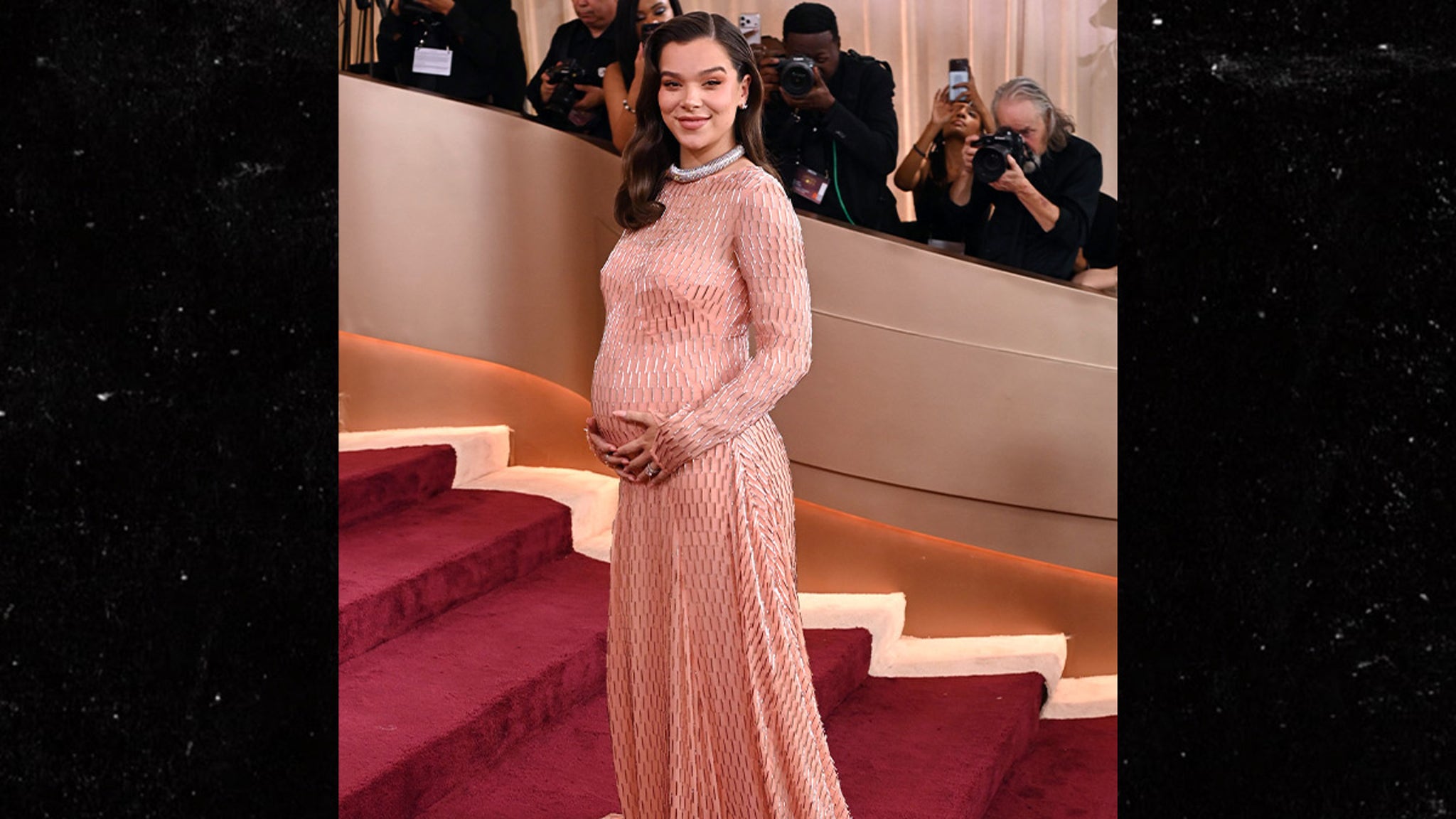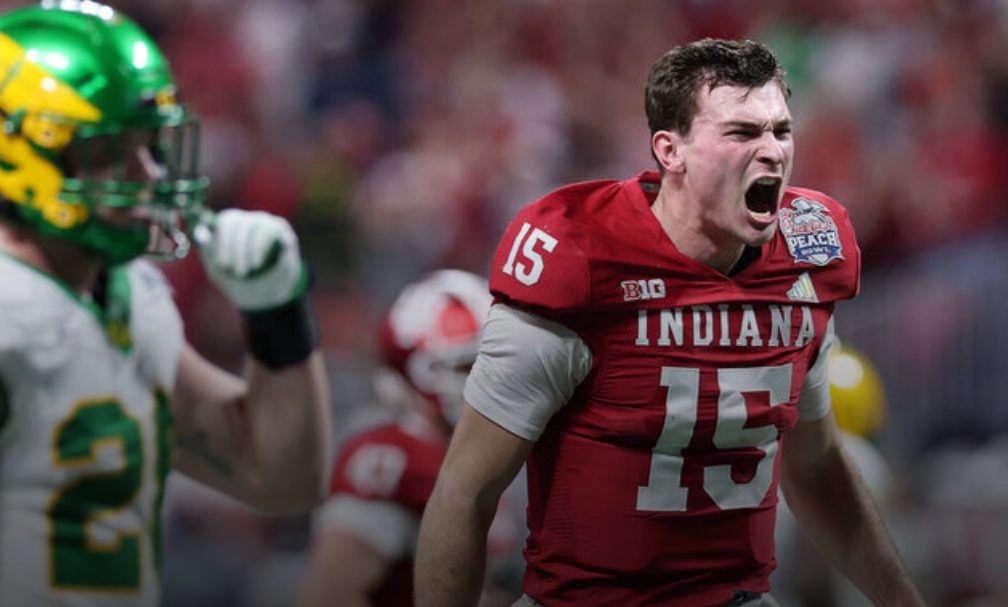“He was completely in touch with the cultural zeitgeist, and he kept shifting with it,” Ron Howard says of Jim Henson, the subject of his latest documentary. (Jason Armond / Los Angeles Times)
When Oscar-winning director Ron Howard got word that Disney+ and the late Jim Henson’s children were interested in collaborating on a definitive portrait of the beloved Muppet creator, he immediately welcomed the opportunity. “I had nothing but respect for him,” he says during a recent Zoom interview from his office. “I met him ever so briefly once backstage at a talk show, and my friend George Lucas was a close friend and huge admirer and characterized him as a bona fide genius. Of course, my own relation with Jim Henson’s creations also evolved through my kids and ‘Sesame Street.’
“After spending time with the family and looking through the archival footage, the narrative question emerged,” Howard says. “How in the world did he create such a lasting legacy of work with such a burst of creativity in only a few decades? The dimensions of his output were a complete surprise to me. He was completely in touch with the cultural zeitgeist, and he kept shifting with it — not cynically but very organically with the kind of creative curiosity that I both admired and related to.”
The result of several years of work by Howard and his team at Imagine Documentaries is “Jim Henson Idea Man,” a lively and revealing look at the life and career of Henson, which recently premiered on Disney+. The 90-minute film charts his career from his early days as a young puppeteer at a local D.C. TV station to the creation of the “Sesame Street” puppets and “The Muppet Show,” through the growth of the Jim Henson Co. and the Creature Shop and later works such as “The Dark Crystal” and “Labyrinth.”
How did you end up directing this film?
We were brainstorming a little bit about our next project with [producers] Sara Bernstein and Justin Wilkes at Imagine Documentaries. We were told that Disney+ was very interested in doing something about Jim Henson, and the family has had reservations over the years, but they’ve liked the documentaries I had done on Pavarotti and the Beatles. So we met with the Hensons, and then about two years ago, we began diving into the material.
Read more: New Ron Howard-directed Beatles documentary highlights the band’s formative years
There was so much archival footage to go through. Not just great stuff about the Muppets or “Sesame Street” and old interviews with Jim, but also his personal family footage was creative. He just didn’t cover a birthday party the way the rest of us dads do. He knew he would make a great story out of it, and he would use stop-motion or different creative techniques. He was excited by avant-garde and experimental filmmaking. He was creatively ambitious and that is reflected in his work in “Sesame Street.”
Your documentary features terrific footage of his early work, as well as revealing interviews with his children, in addition to such stars as Frank Oz, Rita Moreno and Jennifer Connelly. You even dug up a fascinating, unaired interview Henson did with Orson Welles.
Because the family was on board and sanctioned me getting involved as a director, they were incredibly supportive. They are all very creative people, and they grew up in this environment. They were very forthcoming in their interviews about the price of Jim’s creative energy. They’re so proud of and feel privileged to have had him as a dad, but they’re also grown-up people who could now say that some aspects of life were challenging and [talk about] the stress that the work put on their parents’ marriage. So we were allowed to really get behind the scenes and understand that there are no free lunches, and you pay a price for everything. I thought it was important to understand his emotions, his insecurities about himself, the childhood events that shaped him and the urgency with which he worked, and to find him in a lot of ways beyond just the brilliant genius level of creativity.
What came as the biggest surprise for you as you learned more about his life and work?
I didn’t know that he didn’t really plan to be a puppeteer. He was such a child of television and was fascinated by innovations. That led to his use of remote-control puppets, early robotics and then digital effects. He wasn’t a guy who got one good idea and rode it to great success: He kept adapting, exploring and was pushing the boundaries of the medium. It was also quite amazing that he kept failing to sell “The Muppet Show,” because you just assume all he had to do was walk through the door with a couple of puppets and people would just fall over themselves to buy the show. It’s just a reminder that those big, commercial breakthroughs often come from very unexpected places. They happen by adapting formulas in really innovative ways and not just by following the old patterns.
Read more: Review: Thai cave rescue proves to be affecting drama in tension-filled ‘Thirteen Lives’
In the film, Brian Henson talks about his father’s philosophy and how he believed in the value of doing good and the interconnectedness of all living things on Earth. Can you elaborate on that?
Jim was really on a quest to understand that connection, and it always seems to come back to something that I really related to, which was this: You can’t know for sure about much of anything except that goodness has value. Even though you can’t know exactly what our cosmic journey is, you can assume that creating positivity and goodness must be a valuable part of that experience.
What do you hope audiences will take away about the life and career of Jim Henson?
I hope they will understand this sort of lasting legacy. I would love it if this makes them go back and review all those “Muppet Show” episodes. That’s time well spent because they’re hilarious. As with any sort of documentary or scripted piece that deals with a life’s journey, I hope it offers some inspiration and some insight. In Jim’s case, it’s really much more a celebration of how to lead a creative life and how to solve problems with openness and an excitement for what’s possible. I hope people take that inspiration from Jim’s life along with just really being blown away by the range and level of his achievements.
This story originally appeared in Los Angeles Times.
You can view the original article HERE.

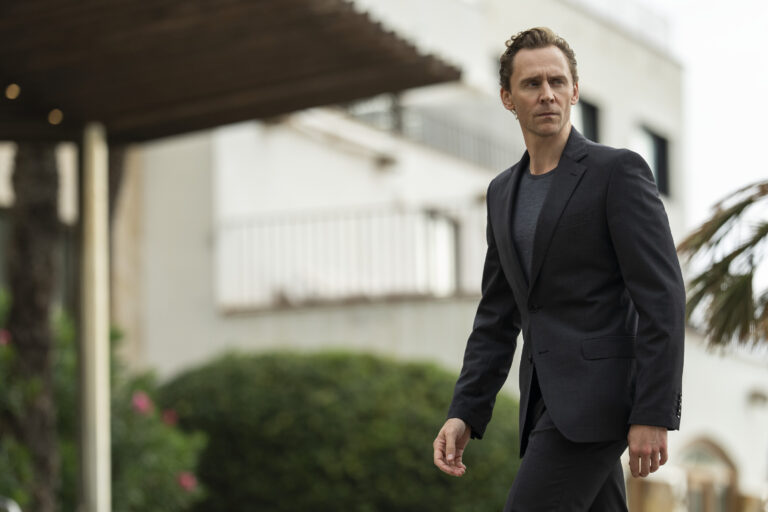


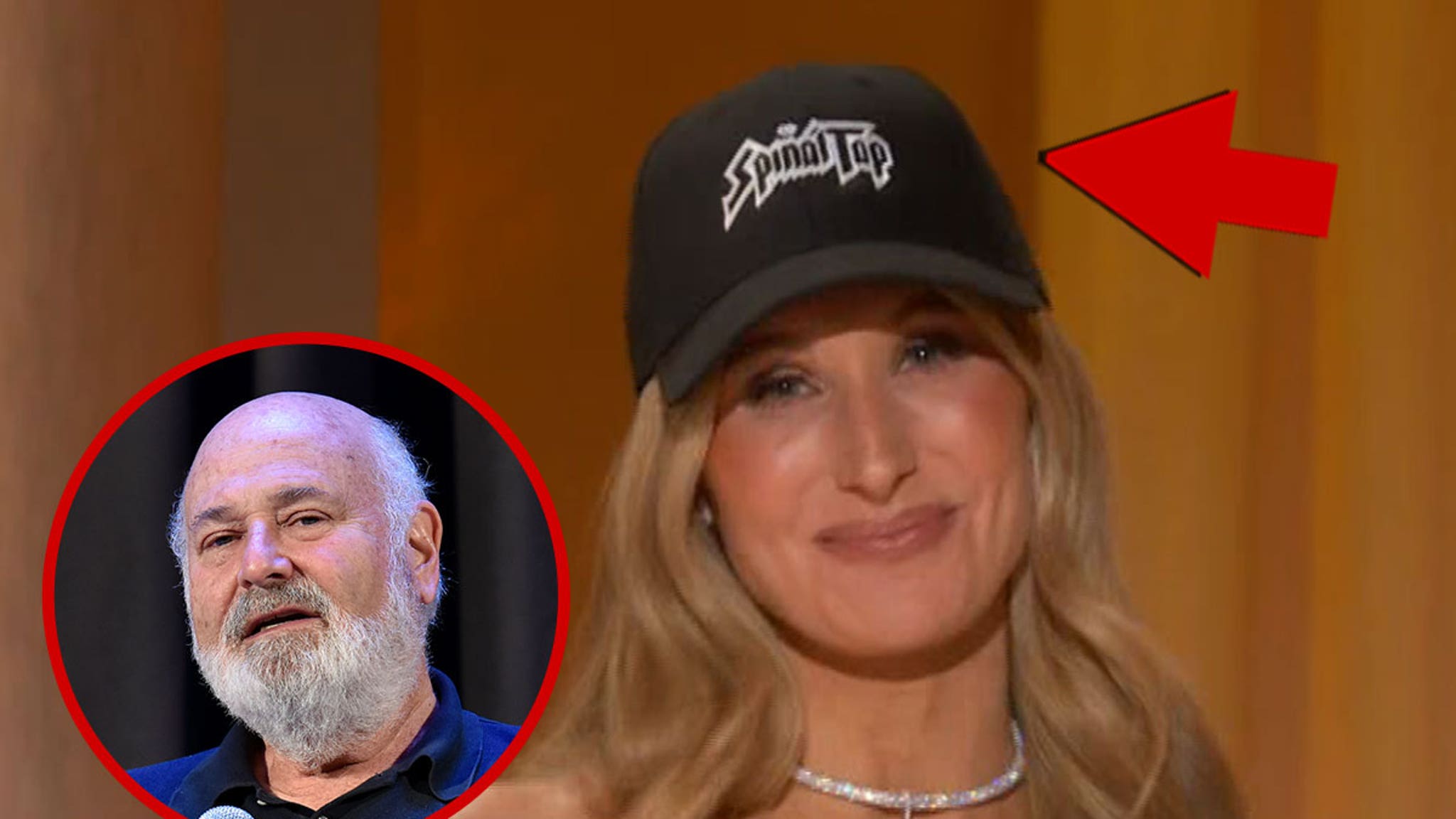

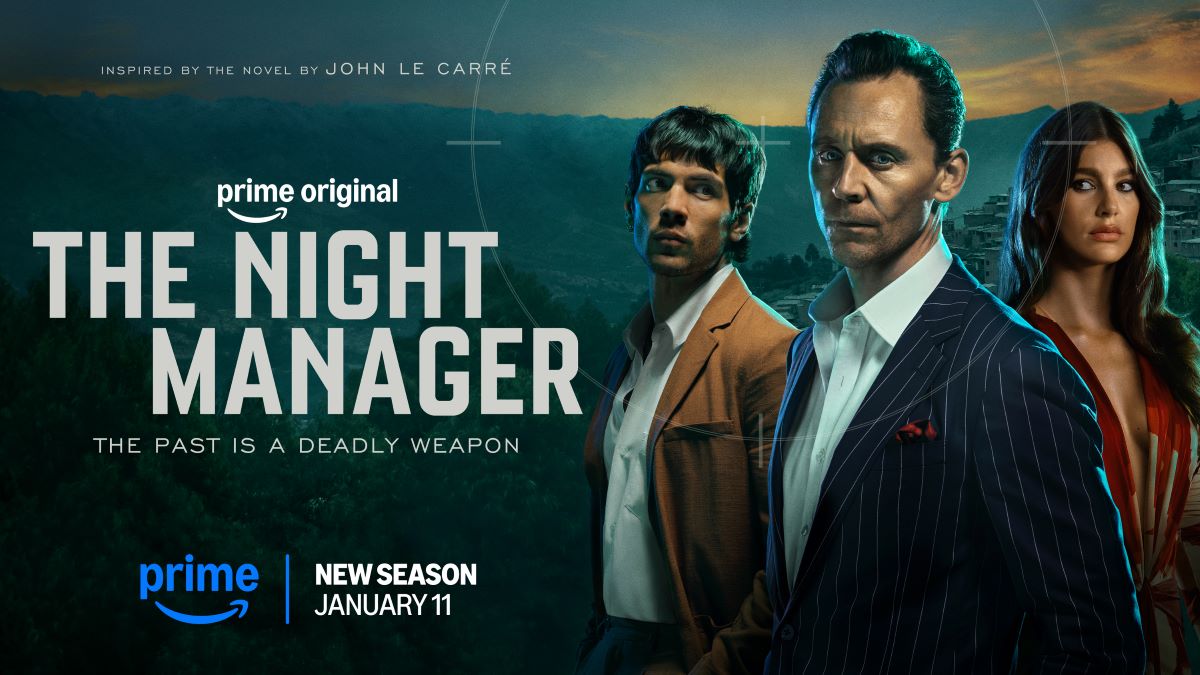


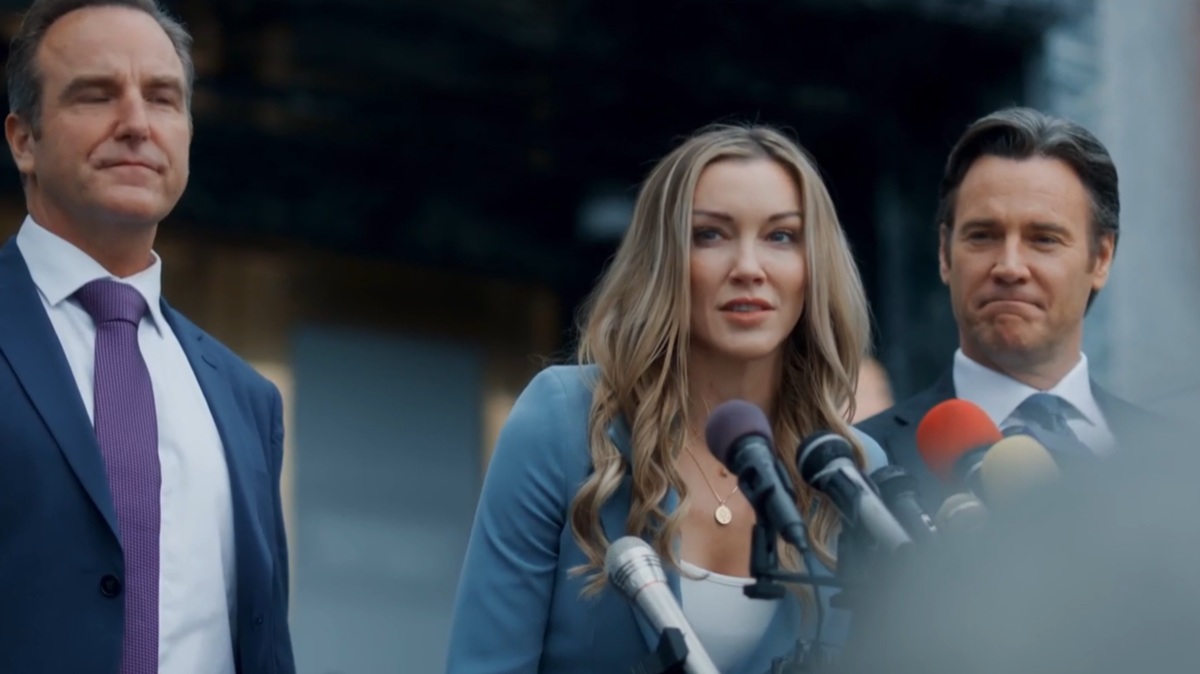


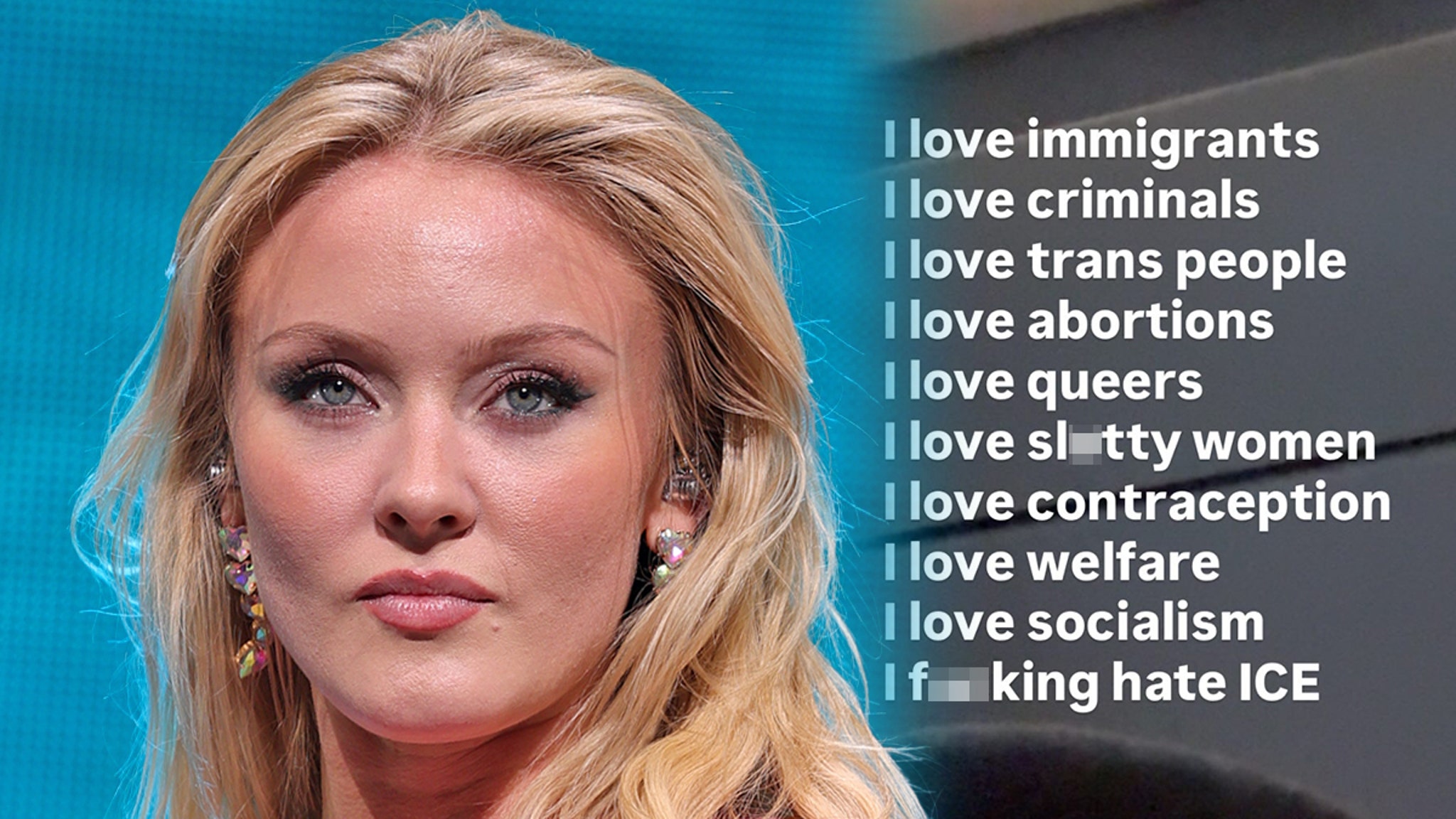
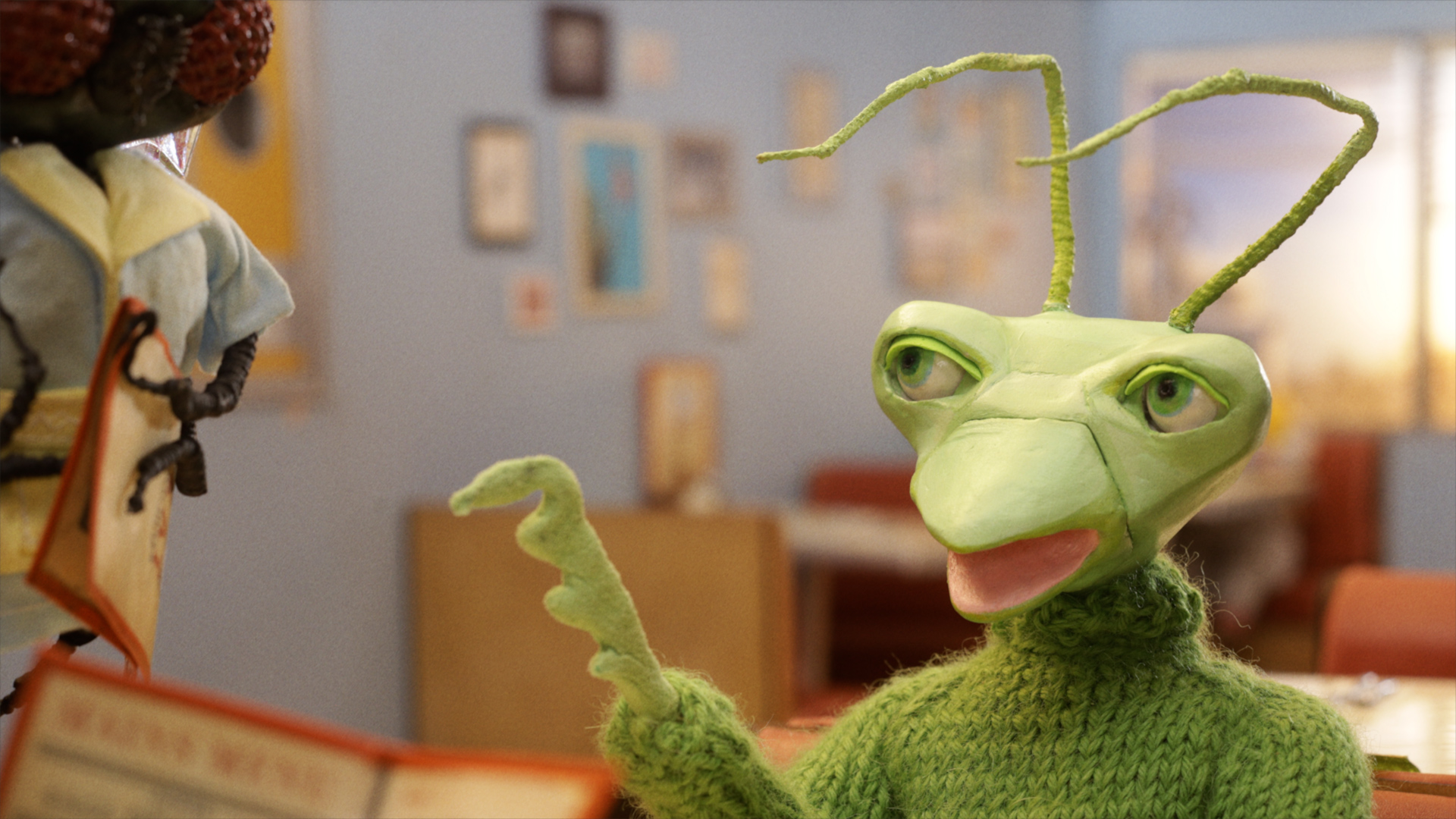

:quality(85):upscale()/2020/06/06/136/n/45101125/fb3afbca5edc4de01b92e2.34533459_.jpg)
